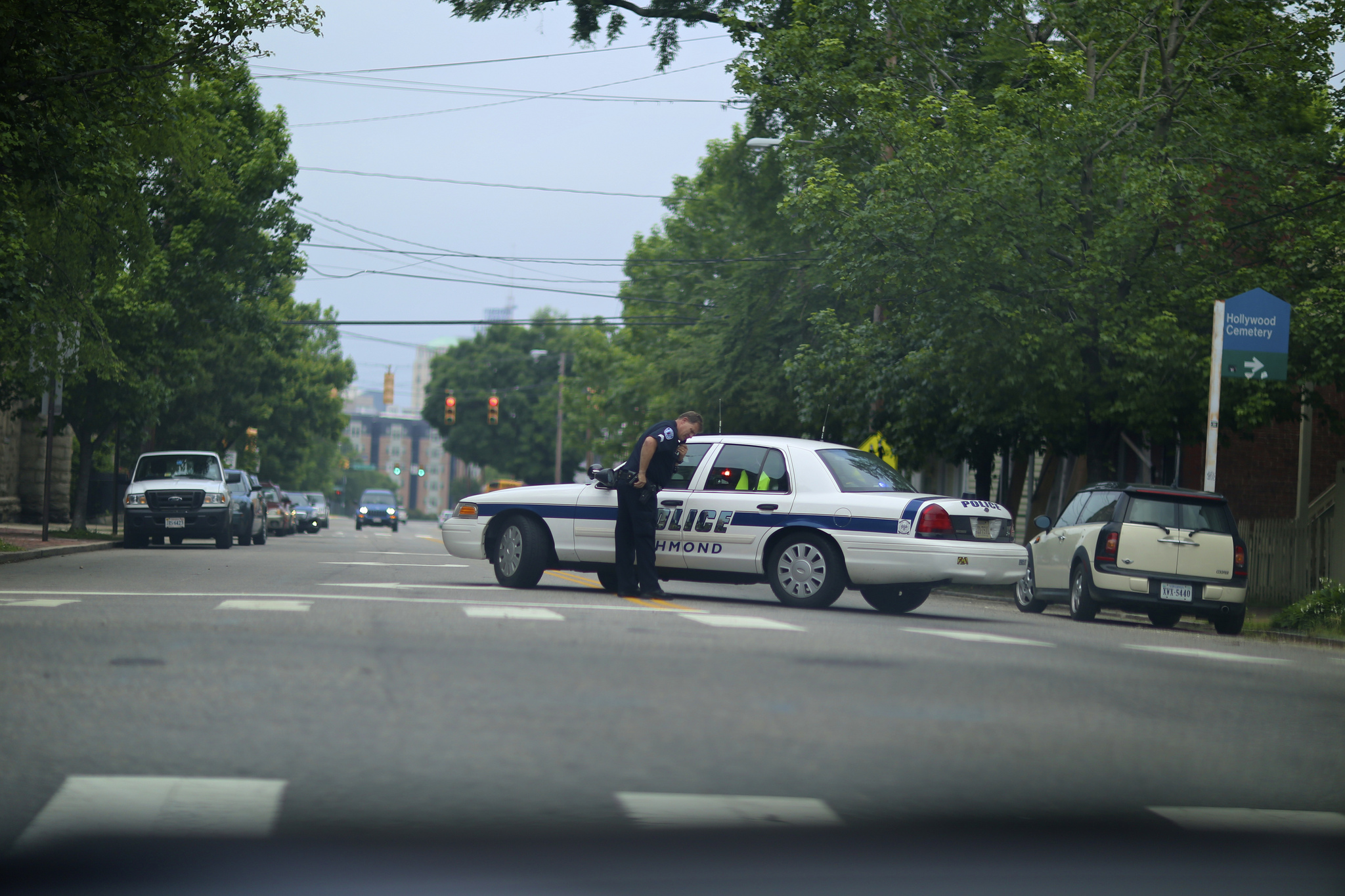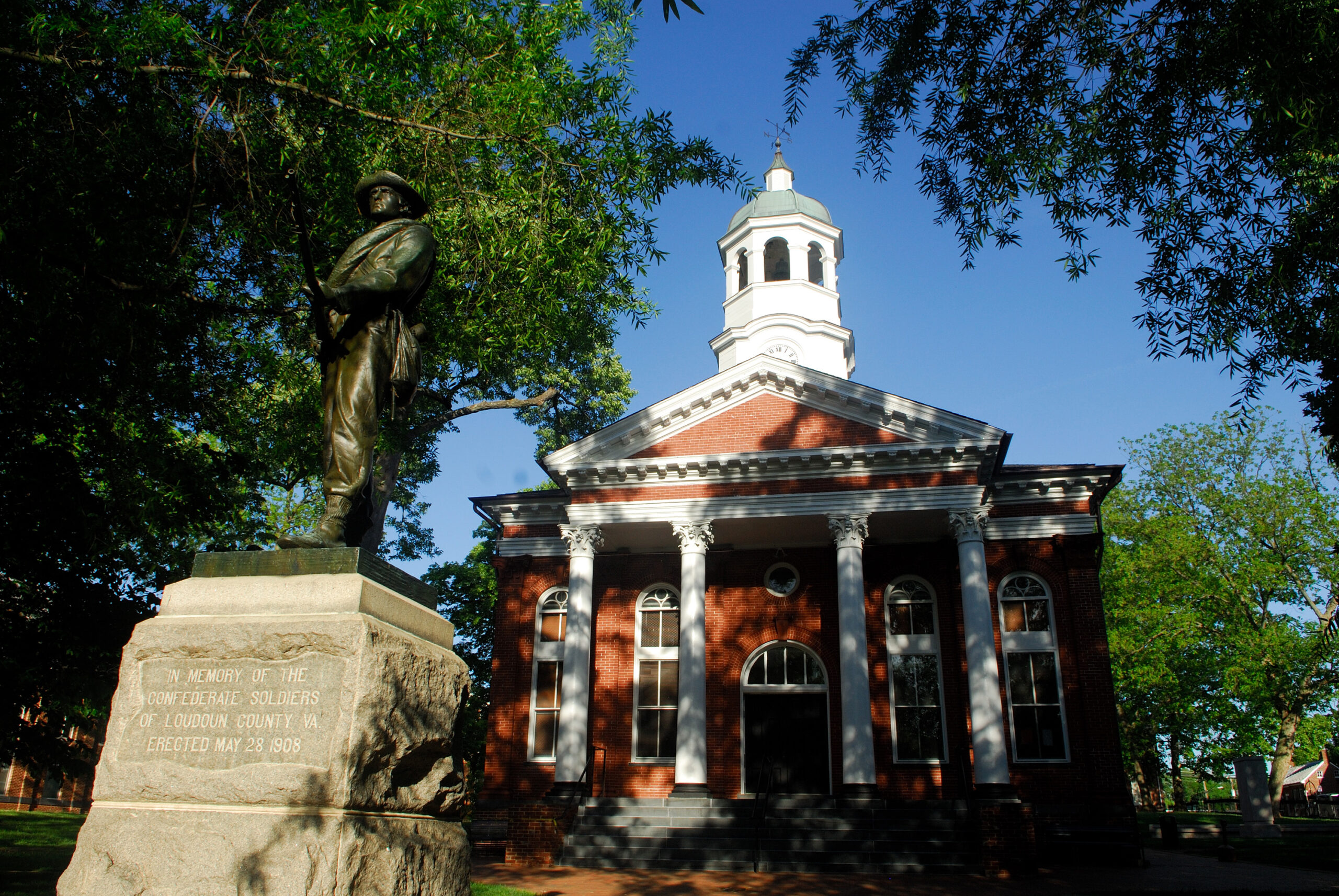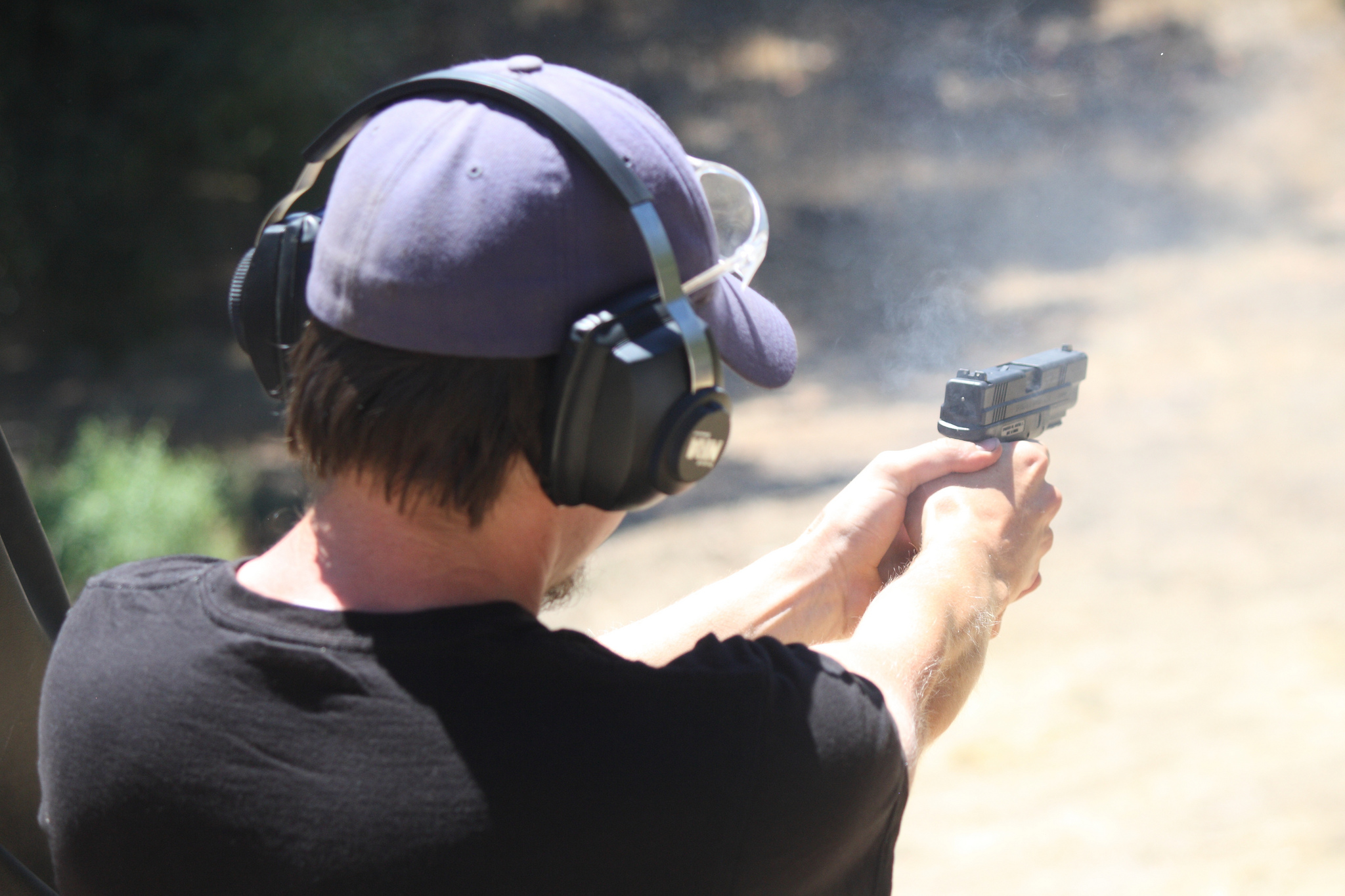Law enforcement officers around the Commonwealth are getting ready to endeavor on an intense enforcement period to combat drunk driving nearing the end of summer. Starting this Friday, August 17, and continuing through Labor Day, approximately 89 law enforcement agencies will operate 94 checkpoints and 612 saturation patrols around the state, according to a report from the Richmond Times-Dispatch (RTD).
Last year, 248 people in Virginia died as a result of drinking-related motoring incidents. During the 2017 Labor Day weekend, 703 alcohol-impaired traffic injuries happened on Virginia roads.
This summer’s increased enforcement will be supported by the 17th annual “Checkpoint Strikeforce” outreach campaign. The initiative is in effort to remind Virginians, and everyone else in America, that drinking and driving is irresponsible.
The enforcement period comes at a time when prosecuting local DUI cases has gotten tougher since Richmond-based VCU Medical Center began refusing law enforcement requests to draw blood from some patients suspected of impaired driving.
RTD reported weeks ago that VCU Medical Center requires consent from a patient when drawing blood, a procedure it has called “invasive,” regardless if it is for medical treatment or legal reasons. Moreover, if a patient refuses to have blood drawn, hospital staff will not draw blood even if police provide a search warrant signed by a judge or magistrate, according to the hospital’s policy.
“We cannot decide for a patient whether to grant access to their body and blood,” VCU Health spokeswoman Laura Rossacher said in a statement.
The hospital claims that it has the legal right to refuse to draw blood, which in the cases of a DUI, is collecting evidence. The Virginia statute governing warrants specifies that a law-enforcement officer collect the evidence, not hospital staff.
General counsel for the Richmond Police Department David Mitchell says “It affects our officers’ ability to do their job, and prosecutors as well.” He added, “If we can’t collect evidence, we can’t prosecute cases.”
The issue with drawing blood does not happen only to Richmond law enforcement officials. Virginia State Police and Henrico County police have said their departments have had warrants refused by hospital staff at VCU. To get around this, State police spokeswoman Corinne Geller said the department “has made necessary adjustments by utilizing other area hospitals.”
Mitchell explained that Richmond’s officers now take a suspected drunk or drugged driver to Chippenham Hospital or Retreat Doctors’ Hospital, where warrants have been honored.





